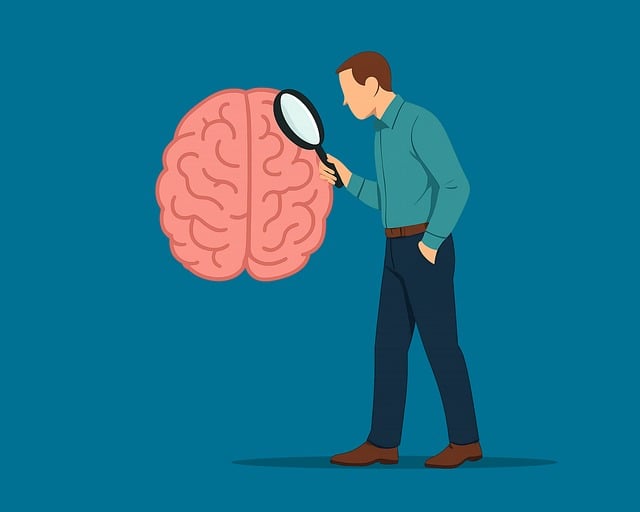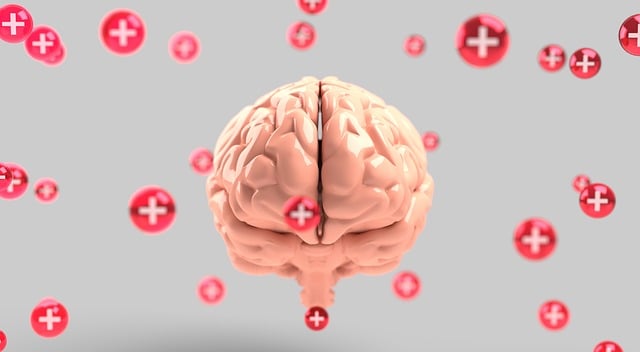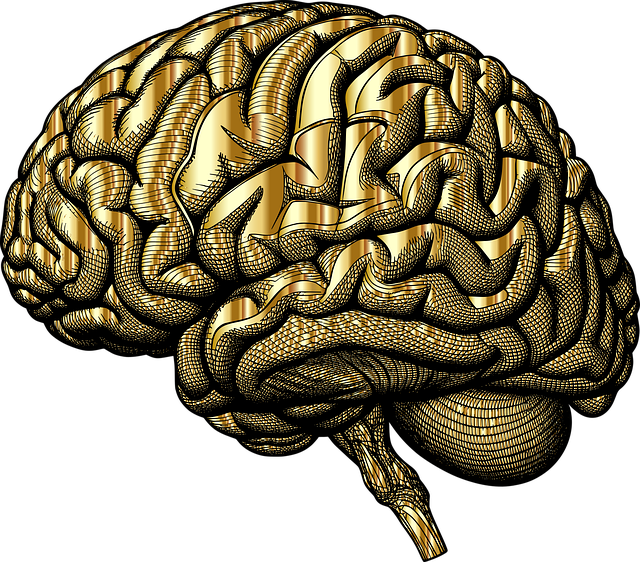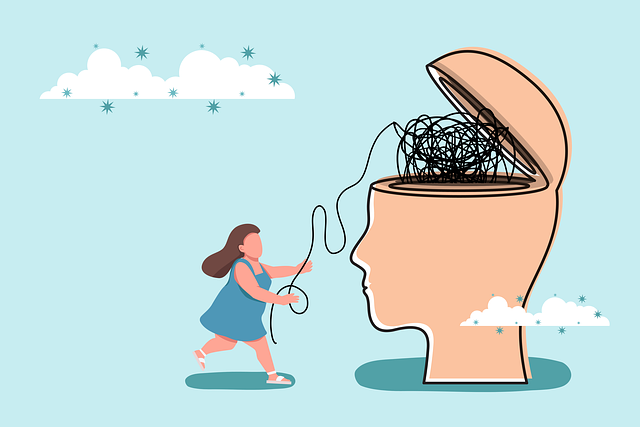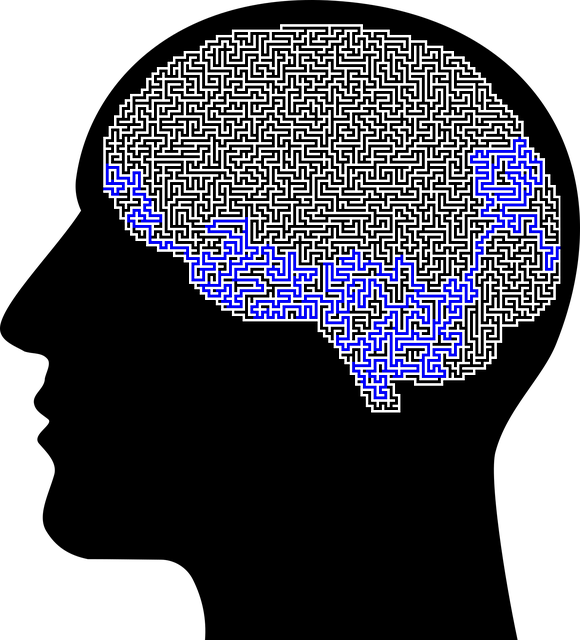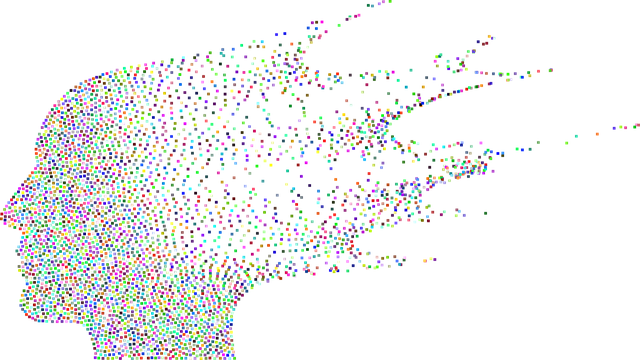Littleton Conduct Disorder Therapy employs various strategies for effective mood regulation. Cognitive Behavioral Techniques (CBT) target negative thought patterns, enhancing emotional resilience and coping mechanisms. Mindfulness practices improve decision-making and impulse control, benefiting therapy safety. Physical activity and nature immersion stimulate endorphin release, alleviating stress and depression. Alternative therapies like art and music therapy provide non-verbal expression avenues for trauma survivors, fostering positive thinking and culturally sensitive care while addressing conduct disorder symptoms holistically.
Mood regulation strategies are essential components of Littleton Conduct Disorder Therapy, aiming to empower individuals to manage their emotions effectively. This article explores various techniques, from cognitive behavioral therapies that teach emotional management skills, to mindfulness practices for calming the mind and reducing impulsivity. We also delve into the benefits of physical activity and nature, as well as alternative therapies like art, music, and exposure therapy, offering a comprehensive guide for addressing conduct disorder holistically.
- Understanding Mood Regulation and its Significance in Littleton Conduct Disorder Therapy
- Cognitive Behavioral Techniques for Emotional Management
- Mindfulness and Meditation Practices to Calm the Mind
- The Role of Physical Activity and Nature in Mood Stabilization
- Alternative Therapies: Art, Music, and Exposure Therapy for Conduct Disorder
Understanding Mood Regulation and its Significance in Littleton Conduct Disorder Therapy

Mood regulation is a cornerstone of Littleton Conduct Disorder Therapy, emphasizing its profound impact on addressing and managing disruptive behaviors often associated with conduct disorders. Understanding how to regulate moods effectively is crucial in this therapeutic approach. Conduct disorder, particularly in youth, can lead to severe emotional and behavioral problems that disrupt relationships and learning. Therefore, mood regulation strategies become essential tools for healthcare providers aiming to prevent burnout and promote positive thinking among patients.
In the context of Littleton Conduct Disorder Therapy, these strategies are tailored to help individuals recognize and manage their emotions more adaptively. By teaching them to identify triggers and implement coping mechanisms, therapists enable patients to navigate intense feelings without resorting to disruptive or aggressive behaviors. This approach not only benefits the individual with conduct disorder but also serves as a powerful burnout prevention strategy for healthcare providers who work tirelessly to support these patients.
Cognitive Behavioral Techniques for Emotional Management

Cognitive Behavioral Techniques (CBT) offer a powerful set of tools for individuals seeking to manage their emotions and regulate moods effectively. This therapeutic approach, widely recognized in Littleton Conduct Disorder Therapy, focuses on identifying and challenging negative thought patterns and behaviors that contribute to emotional distress. By modifying these cognitive processes, CBT enables individuals to develop healthier coping strategies and improve overall emotional well-being.
One of the key strengths of CBT lies in its ability to foster resilience building. Mental health professionals skilled in this technique assist clients in recognizing unhelpful thought distortions and replacing them with more realistic, balanced perspectives. This process not only helps in the immediate management of emotions but also equips individuals with long-lasting skills for navigating future challenges. Furthermore, integrating CBT into treatment plans can be a game changer for those dealing with conduct disorders, as it provides a structured framework for understanding and changing problematic behaviors, ultimately contributing to improved mental health policy analysis and advocacy.
Mindfulness and Meditation Practices to Calm the Mind

Mindfulness and meditation practices have emerged as powerful tools to calm the mind and promote mental wellness. In the context of Littleton Conduct Disorder Therapy, these techniques are particularly beneficial for individuals struggling with emotional regulation. Regular mindfulness exercises help in fostering empathy building strategies, which are crucial for managing conduct disorder symptoms. By training the mind to stay present and non-judgmental, individuals can gain a better understanding of their emotions and triggers, leading to improved decision-making and reduced impulsive behavior.
Incorporating meditation into daily routines can significantly enhance mental wellness coaching programs development. Mindfulness meditation encourages individuals to observe their thoughts without getting caught up in them, thereby reducing anxiety and stress levels. This practice is not just a respite from the hustle and bustle of everyday life; it empowers individuals with resilience against emotional storms. Moreover, risk assessment for mental health professionals can be enhanced by integrating these mindfulness techniques, ensuring safer and more effective therapy sessions.
The Role of Physical Activity and Nature in Mood Stabilization

Physical activity and spending time in nature have emerged as powerful tools in mood regulation, offering significant benefits for mental health, particularly in the context of disorders like Littleton Conduct Disorder. Engaging in regular exercise releases endorphins, often referred to as ‘feel-good’ hormones, which can reduce stress, anxiety, and depression. This biological response not only improves overall mood but also enhances cognitive function, promoting better decision-making and impulse control.
In addition to its physiological effects, spending time outdoors, especially in green spaces, has therapeutic value. Research suggests that connecting with nature fosters a sense of calm and reduces symptoms of various mental health conditions. This is particularly relevant for mental health professionals who can incorporate activities like hiking or gardening into therapy sessions or risk management planning. By encouraging clients to embrace the outdoors, professionals can enhance empathy-building strategies and develop public awareness campaigns that highlight the importance of nature in mental well-being.
Alternative Therapies: Art, Music, and Exposure Therapy for Conduct Disorder

Alternative therapies offer unique and innovative approaches to mood regulation, particularly for conditions like Conduct Disorder, which often require specialized treatment plans. Art therapy and music therapy are two such therapeutic modalities that have shown promise in Littleton Conduct Disorder Therapy settings. Engaging in creative processes allows individuals to express themselves non-verbally, providing an outlet for emotions that might be difficult to articulate otherwise. This can be especially beneficial for those who struggle with communication or have experienced trauma.
Exposure therapy is another effective strategy, focusing on gradually confronting and managing distressing situations or thoughts. By facing fears in a controlled environment, individuals with Conduct Disorder can learn conflict resolution techniques and develop healthier coping mechanisms. Combining these alternative therapies with traditional treatments can foster positive thinking and enhance the overall well-being of patients, addressing both the symptoms and underlying causes of their condition, while also incorporating cultural sensitivity in mental healthcare practice to ensure individualized care.
In conclusion, implementing various mood regulation strategies is paramount in addressing Littleton Conduct Disorder Therapy. From cognitive behavioral techniques that empower emotional management, to mindfulness practices that calm the mind and alternative therapies like art and music exposure, these approaches offer holistic solutions. Incorporating physical activity and nature into routines further stabilizes moods, making them integral components of comprehensive conduct disorder treatment plans. By exploring these diverse strategies, professionals can enhance their ability to support individuals affected by conduct disorders effectively.
